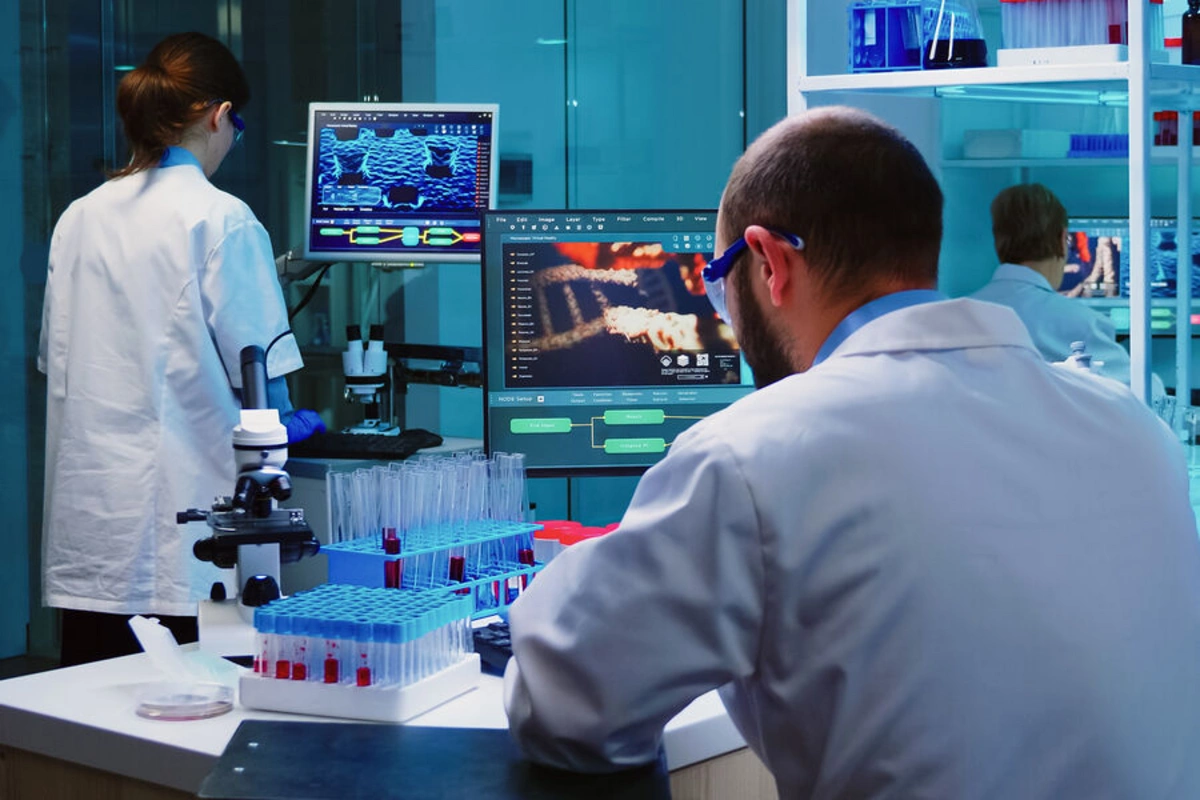Korean scientists have recognized aging as "contagious"

Gerontologists from the Medical College of Korea University have discovered that the aging-related protein HMGB1 can damage young cells and trigger a chain reaction of their deterioration. The research results are published in the journal Metabolism – Clinical and Experimental (MCE).
HMGB1 is produced in the body throughout life. In young people, it is located inside cells and helps ensure their normal functioning. However, with age, aging cells "throw out" this protein.
Laboratory studies have shown: when entering the extracellular space, it interacts with receptors of neighboring cells and triggers aging processes in them. In response, the affected cells also release HMGB1, which accelerates the spread of changes throughout the body.
Scientists noted that the protein exists in two forms. The active form causes damage and inflammatory reaction, while the inactive form does not have harmful effects. Experiments have shown that even young cells, after contact with active HMGB1, stop dividing and begin to secrete substances that cause inflammation.
Scientists first noticed this mechanism when studying elderly patients with injuries, and then confirmed the results in experiments on mice. The authors note that aging can spread in tissues not gradually, but quickly, according to a chain principle, which opens up prospects for developing methods to slow it down.
Similar News
Scientists have established how to stop Alzheimer's disease
This research by an international group of scientists could become a serious breakthrough in the fight against Alzheimer's disease. It is characterized by a dec...




 Azərbaycanca
Azərbaycanca  По-русски
По-русски  English
English 





